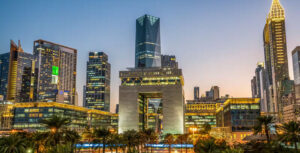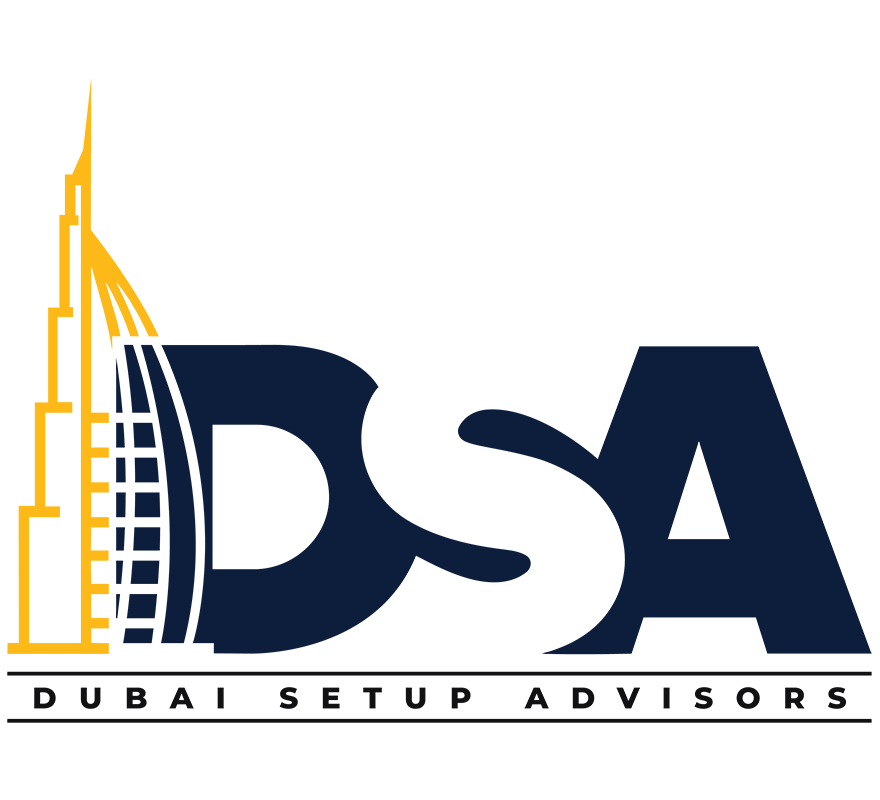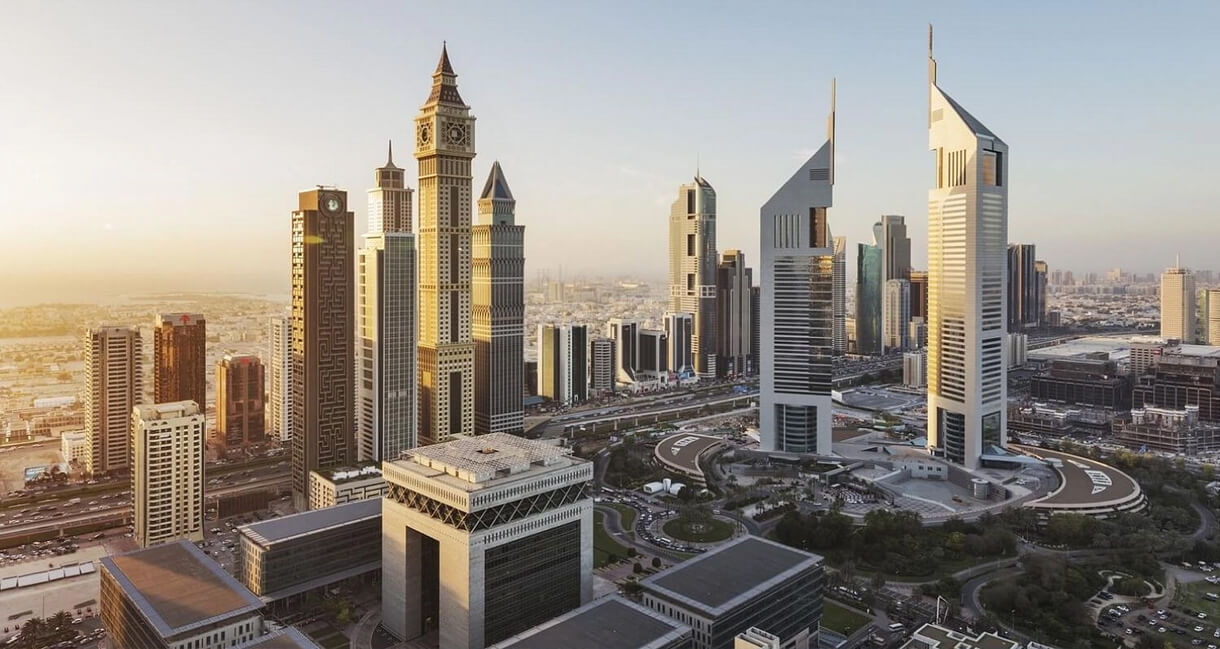
What is DIFC Free Zone?
The Dubai International Financial Centre (DIFC) is an autonomous free zone created in 2004 as part of the UAE’s drive to become a global financial hub. Covering roughly 110 hectares in central Dubai, it operates under its own legal and regulatory framework modelled on English common law. The centre houses over 2 500 active firms ranging from banks and wealth-management houses to law firms and technology start-ups. DIFC is overseen by the Dubai Financial Services Authority (DFSA), which regulates financial services while allowing non-regulated businesses to thrive.







